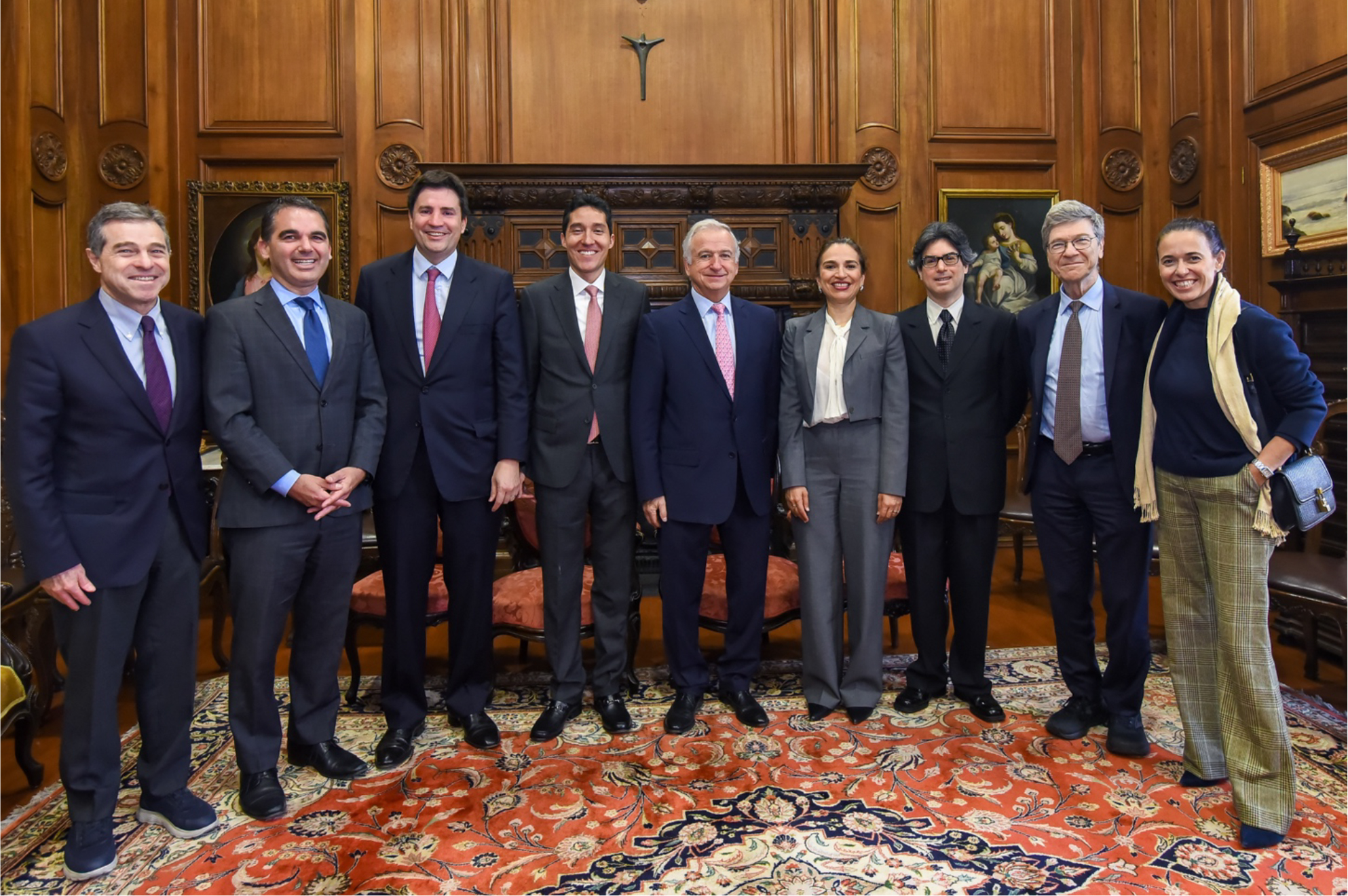Seven leading Latin American institutions have joined forces to enhance the exchange of ideas and experiences in the pursuit of solutions that contribute to development. These think tanks established the Network of Policy Centers of the Americas (CEPAS), an initiative led by the Brazilian Center for International Relations (CEBRI), the Argentine Council for International Relations (CARI), the Latin American Center for Economic and Social Policies (CLAPES UC) from Chile, the Foundation for Higher Education and Development (FEDESARROLLO) from Colombia, the Atlantic Council from the United States, México Evalúa, and the Peruvian Group for the Analysis of Development (GRADE).
The founders, selected for their recognition and excellence in key sectors of economic, social, cultural, and political development in their countries, aim to strengthen cooperation among these institutions. By doing so, they seek to amplify their capabilities, foster innovation, constructive dialogue, and rigorous analysis to develop public policy recommendations.
During the first session of CEPAS' Governing Board, Felipe Larraín, Director of CLAPES UC and former Minister of Economy of Chile, was unanimously elected as Chairman; Luis Fernando Mejía, Director of FEDESARROLLO, as Vice-Chairman; and Julia Dias Leite, CEO at CEBRI, as Executive Secretary. These three representatives comprise the organization's Executive Committee.
"The creation of this network is a significant milestone in the academic and research landscape of the Americas. By uniting efforts, CEPAS positions itself as a reference for addressing common challenges and identifying collaboration opportunities to drive progress and prosperity in our region," states the CEPAS founding announcement.
"CEPAS will serve as a coordination platform among leading think tanks in the Americas, enabling continuous exchange and a regional focus. Our goal is to expand regional dialogue and cooperation, strengthen the exchange of ideas and experiences, and seek solutions that contribute to the region's development," said Julia Dias Leite.
Check the full Working Paper, HERE.

